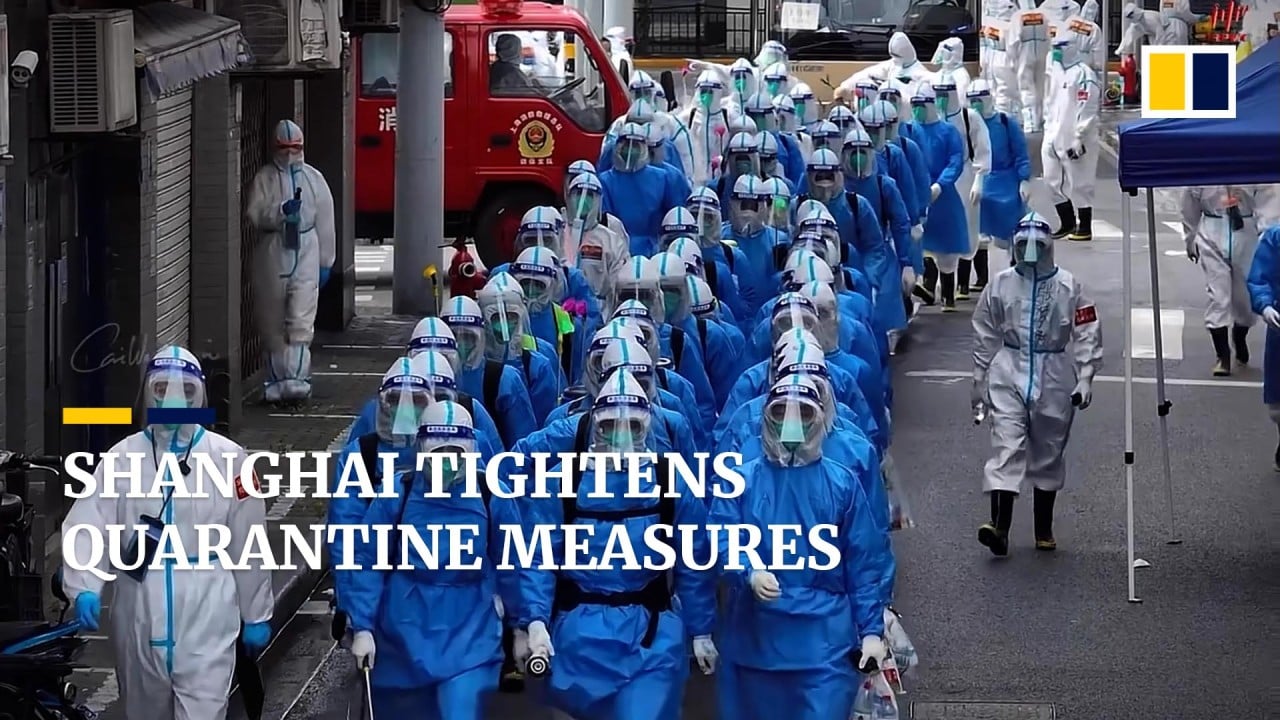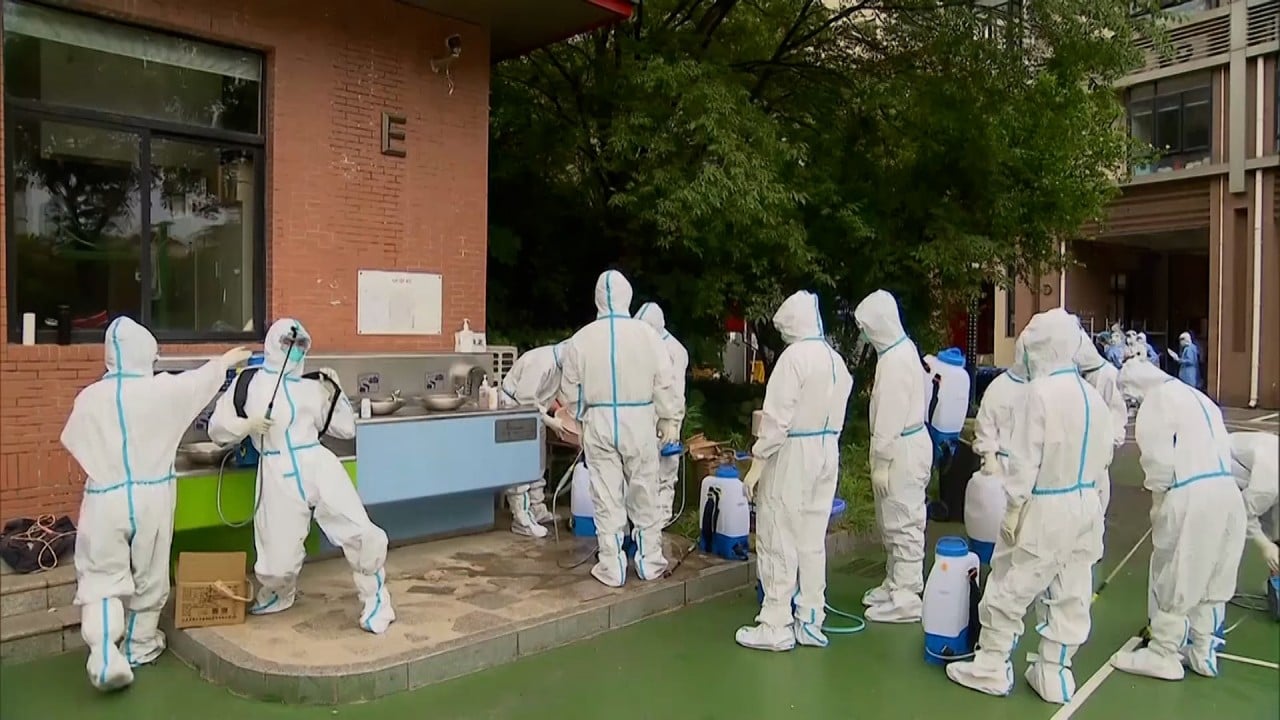
Shanghai and Jilin lockdowns: China’s carmakers lost 1 million vehicles in production last month amid strict Covid-19 containment measures
- Impossible to restore the entire supply chain before June, analyst says
- Nationwide sales also plummeted, declining by 47.1 per cent, in April: CAAM
“Production volume will continue to drop in the coming one or two months, because it is impossible to restore the entire supply chain before June,” said David Zhang, a researcher at the North China University of Technology. “In the Yangtze River Delta, thousands of automotive supply-chain firms took a pounding from the coronavirus control measures.”
China’s EV buyers may get subsidies from local governments to boost industry
The automobiles industry is one of China’s biggest employers, providing jobs for one in every six among its workforce of 800 million people, according to analysts’ estimates.
Output in April was at its lowest in 10 years, CAAM said. And while it does not publish data for individual car firms, it said companies in Shanghai and Jilin were the hardest hit owing to strict lockdown measures.
Last year, Shanghai churned out 2.83 million vehicles, or 10.7 per cent of China’s total output. In Jilin, 2.42 million units were assembled last year, representing 9.2 per cent of the national total.
Its factory, which is also known as Giga Shanghai, could only run a single shift initially owing to a shortage of components, which limited output to about 1,000 vehicles a day – only half the plant’s normal daily output of more than 2,000 cars.
Tesla’s China factory running at half capacity, highlights hurdles Shanghai faces
FAW, China’s oldest carmaker and once a symbol of the Communist Party’s manufacturing might, as well as its ventures with VW and Toyota, were unable to assemble vehicles between March 13 and April 12. A week of suspensions translates into a loss of about 60,000 cars at FAW and its partners.
The lockdown in Jinlin has been lifted, and FAW and its joint ventures began ramping up production at their factories last week, but Shanghai has yet to publish a time frame for easing its draconian pandemic curbs.
The impact of lockdowns on carmakers based in other parts of the country was also severe, as many rely on supply-chain vendors in Jilin and the Yangtze River Delta, which comprises the Shanghai, Jiangsu, Zhejiang and Anhui provinces.



